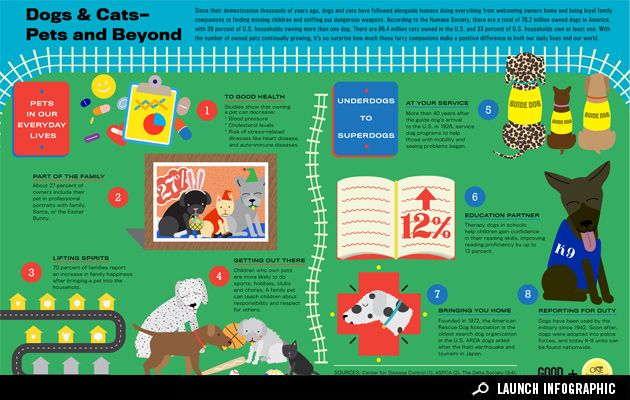Dog Daycare For Puppies Why It’s Important For Their Development
Dog Daycare For Puppies Why It’s Important For Their Development
Blog Article
Can Pet Dog Daycare Cause Ailment?
Pet dogs in day care get lots of workout, socializing with other dogs and one-of-a-kind experiences. This can be specifically practical for young puppies and dogs with behavior concerns.
There are several legal factors to consider you require to think about when beginning a dog day care organization. These consist of the framework of your business and compliance with government regulations.
1. Canine Distemper
Canine distemper is spread through direct contact with the bodily fluids and waste of an infected dog, but it can also be transmitted via shared water and food bowls or through airborne droplets. This extremely infectious disease is most hazardous for young puppies, however it can affect canines of any type of age and is fatal for many if left without treatment.
Preliminary signs of canine distemper commonly resemble an acute rhinitis, consisting of dripping eyes and nose with watery or pus-like discharge. As the condition advances, a pet dog will certainly establish high temperature, coughing, minimized hunger, vomiting and diarrhea. The virus can likewise attack the nervous system, causing seizures, shivering and partial or full paralysis.
Trustworthy childcares lower direct exposure to infection by calling for inoculations, regular health examinations and adhere to rigorous health procedures. If your puppy seems overly tired or hopping, a day off might assist him recuperate, but you should avoid taking him back to childcare till these signs clean up.
2. Kennel Cough
Kennel cough, also called transmittable canine tracheobronchitis or Bordetella, is an extremely infectious viral or bacterial disease that affects the respiratory system system. It's typically transferred via the exchange of saliva or air beads that a sick dog breathes out. Social pets go to higher risk for infection as a result of their constant communication with one another, such as when they play, share food or water, sniff each other or merely satisfy in a crowded environment like a pet park or day care.
The most usual sign of kennel cough is a relentless and strong cough that sounds like something embeded the throat or retching. Typically, canines will divulge foamy white phlegm. If left untreated, a dog can create pneumonia and be at serious threat forever.
A trusted daycare center must have stringent cleaning and cleanliness procedures, disinfect all playthings, food and water bowls on a regular basis, and be open regarding their vaccination plans. Keeping your dog approximately date on their inoculations, especially for bordetella and canine influenza, will substantially minimize their chances of getting the disease.
3. Parvovirus
Canine parvovirus, or parvo, is a very infectious viral illness that can be harmful for young puppies and young adult pets with poor body immune systems. It's most typically spread out by direct contact with infected pet dog feces-- which can happen when pet dogs sniff, lick, or preference infected feces-- and indirectly from infected people, things, or atmospheres (like kennels, grooming spaces and lawns). Pups and canines without full vaccination backgrounds are particularly at risk to parvo.
The virus is extremely durable, enduring in the environment for approximately nine years, and can quickly be transferred between dogs by get in touch with via feces or on shoes, clothing, and bed linen infected with parvovirus. If not dealt with instantly with IV liquids, electrolyte balance, throwing up control drugs and prescription antibiotics to stop additional microbial infections, a canine will swiftly dehydrate and create severe looseness of the bowels, which leads to shock and blood poisoning. Parvo is difficult to treat once a pet dog has actually become ill, however with appropriate veterinary treatment, numerous pups do survive this ailment.
4. Canine Influenza
Pooch influenza infection is very contagious and spreads with straight contact, sharing food and water bowls, licking or nuzzling various other dogs, with air-borne beads, and via infected surface areas. Inoculation works in lowering the threat of infection and episodes.
A lot of impacted canines establish a moderate respiratory infection with a coughing that lasts 1-3 weeks. They may likewise have nasal and eye discharge, sneezing, and lethargy. A few of one of the most major instances result overnight dog boarding near me in pneumonia and a high fever.
If your canine shows any of these signs, do not bring them back to childcare until they are healthy. If your pet dog is revealing indicators of extreme tiredness or hopping, talk to your vet today and make sure they are on healthiness supplements to help build their resistance. A vet will assess your pet dog for signs and symptoms of the flu by taking a sample from the nose or throat, and blood examinations can be done to validate.